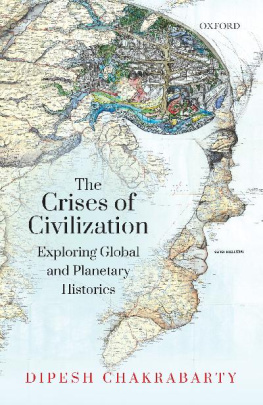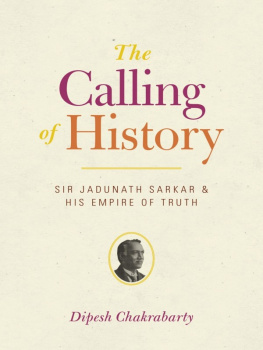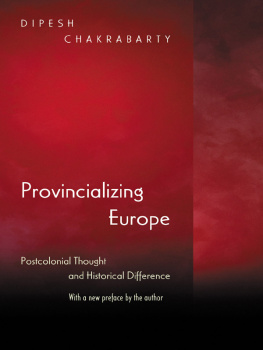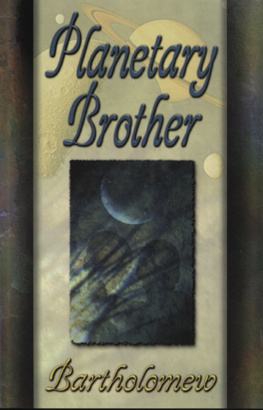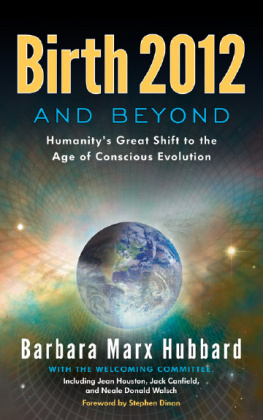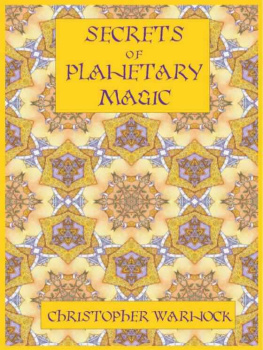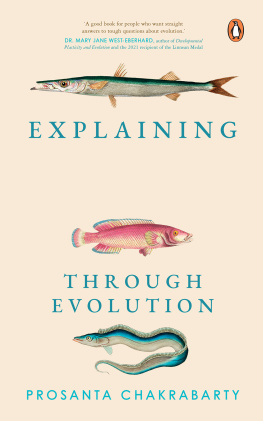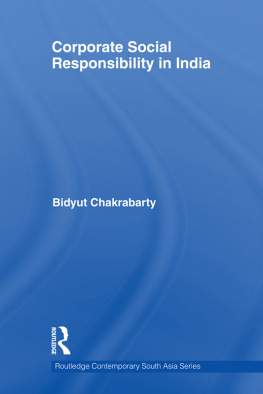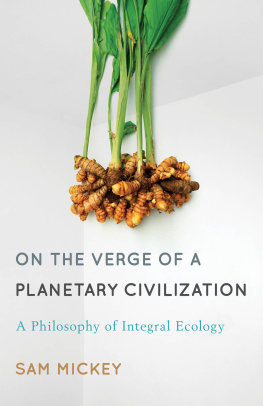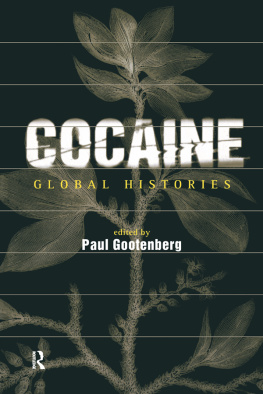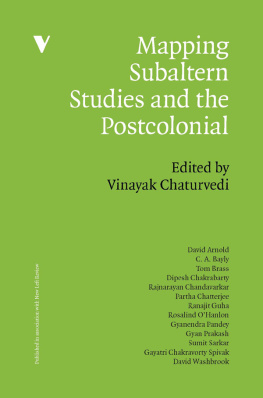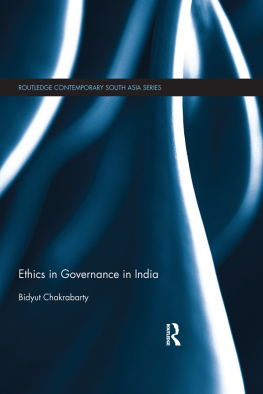The Crises of Civilization
The Crises of Civilization is a marvelous feast. It is, first, a wide-ranging collection of fascinating essays, including a beautiful autobiographical meditation that illuminates Chakrabartys thought through witty and moving narration of his Marxist youth, his discovery of history, and his encounter with both natural beauty and natural disaster in Australia. Later, I particularly loved the essay on Tagores visit to Chicago, which opens up a reflection on the possibility of cross-cultural friendship. But the book is not simply a collection of individual gems: it has a challenging overall architecture, moving from reflections on postcolonial historiography in the first part to exciting new material on climate change in the second. Here Chakrabarty reflects on what can become of the practice of history, a practice long understood in terms of human subjectivity, when we recognize that the human being is also a geophysical force. Historians now, he argues, must take on the difficult, if not impossible, task of making available to human experience a cascade of events that unfold on a non-human scale. Challenging, moving, wise, and witty, this work by one of our leading historians is a major event.
Martha C. Nussbaum,
Ernst Freund Distinguished Service Professor of Law and Ethics, The University of Chicago, USA
This is arguably the first serious effort to push the subaltern school of history, of which the author is a distinguished member, beyond its familiar world of global theoretical and empirical concerns, to open a conversation with planetary history, which in turn is concerned with human and planetary survival. The result is a marvellous exchange that transcends the self-imposed limits of Indian historiography. The Crises of Civilization is not merely a new, revised manifesto of the subaltern historians; it is a call for the emancipation of the discipline of history in India.
Ashis Nandy, Senior Honorary Fellow,
Centre for the Study of Developing Societies, New Delhi, India
The Crises of Civilization
Exploring Global and Planetary Histories
D ipesh C hakrabarty
Oxford University Press is a department of the University of Oxford.
It furthers the Universitys objective of excellence in research, scholarship,
and education by publishing worldwide. Oxford is a registered trademark of
Oxford University Press in the UK and in certain other countries.
Published in India by
Oxford University Press
2/11 Ground Floor, Ansari Road, Daryaganj, New Delhi 110 002, India
Oxford University Press, 2018
The moral rights of the author have been asserted.
First Edition published in 2018
All rights reserved. No part of this publication may be reproduced, stored in
a retrieval system, or transmitted, in any form or by any means, without the
prior permission in writing of Oxford University Press, or as expressly permitted
by law, by licence, or under terms agreed with the appropriate reprographics
rights organization. Enquiries concerning reproduction outside the scope of the
above should be sent to the Rights Department, Oxford University Press, at the
address above.
You must not circulate this work in any other form
and you must impose this same condition on any acquirer.
ISBN-13 (print edition): 978-0-19-948673-1
ISBN-10 (print edition): 0-19-948673-5
ISBN-13 (eBook): 978-0-19-909602-2
ISBN-10 (eBook): 0-19-909602-3
Typeset in Berling LT Std 9.5/13
by Tranistics Data Technologies, New Delhi 110 044
Printed in India by Nutech Print Services India
To
Raju and Sanjay,
with affection
CONTENTS
As many readers will immediately know, the title of this book is a riff on the title of a famous essay that Rabindranath Tagore penned in 1941the year he diedto describe the sense of sadness with which he seemed to be nearing the end of his life. Entitled The Crisis of Civilization, that prophetic essay captured how many Indians felt about the blighting of what they also regarded as the most sublime ideal that Europe, for all the dark sides of her imperial aggression, had gifted to humanitythe idea of a civilized, modern collective existence based on the exercise of reason in the public sphere. What clouded the evening of Tagores life were the irrational passions and barbarities that marked the Second World War, of which, mercifully, he saw only the beginnings.
The crisis that Tagore spoke of in his essay on civilization had to do with his own disappointment with Europe. He was deeply sad to see European nations go to war with one another again even before the wounds of the Great War had fully healed. Aware that imperial acts of domination often betrayed the self-congratulatory premises of what Europeans regarded as their civilizing mission outside of Europe, Tagore had nonetheless welcomedas indeed had Gandhithe very idea of civility that lay at the core of the ideal of civilization. He had always acknowledged what India owed to British rule: modern ideas of equality, justice, and freedom. He saw these ideas as constitutive of a free and civilized society. Yet the two massively violent world wars of the twentieth century had profoundly tarnished the image of Europe in his eyes. He refused to surrender his faith in humans but could not avoid the feeling that Europe had failed to put into practice some of her best and universal ideas. More than twenty years after Tagores death, Frantz Fanon, another anti-colonial thinker, expressed an idea very similar to Tagores. European thought, he noted, had created all the ingredients needed for the imagination of a world free of the oppression of humans by humans, but racism and empire prevented them from using these ideas effectively. It was up to the colonized, thought Fanon, to use these very same ideas to give humanity another chance.
In borrowing from the title of Tagores essay, I have used the word crises in its plural form, for I think the idea of civilization now suffers multiple forms of crisis and that these different crises may contribute, in their own ways, to a growing number of conflicts in the world. The essays in the first part of this book relate directly to some of Tagores concerns (looked at from todays perspective). They track the rise and fall of the idea of civilization and its cognate forms of humanismmostly, though not always, with reference to the history of colonial India. The Bengali word for civilization, sabhyata , as Tagore noted in his essay, was a neologism of the nineteenth century, for Bengali did not have either the concept or the word before the advent of British rule. The same is perhaps true of most other Indian languages. Early generations of Indian nationalists found the word useful, though today the material and textual evidence that nationalists cited to defend the idea of an Indian civilization would be open to criticisms based on their colonial, nationalist, elitist, and often upper-caste if not Brahminical character. Certainly, civilization and humanism are now tainted words. They have been under attack from many directions, both political and theoretical. Conceptually, humanism has been in crisis ever since Althussers critique of humanist Marxism became well known in the late 1960s. The word civilization, similarly, cannot be used in India today without being aware of its elitist provenance or without paying heed to Dalit criticisms of the many upper-caste prejudices that the word may actually hide.



